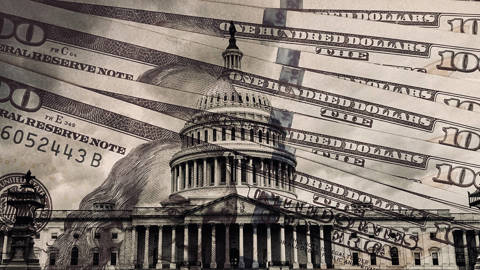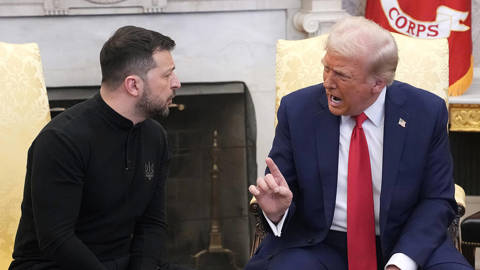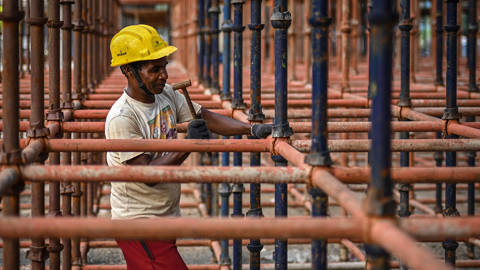Hamid Rashid
Hamid Rashid, a former director-general for multilateral economic affairs at the Ministry of Foreign Affairs in Bangladesh, is Chief of Global Economic Monitoring at the United Nations Department of Economic and Social Affairs.
-
How to Prevent the Looming Sovereign-Debt Crisis

How to Prevent the Looming Sovereign-Debt Crisis
Jul 31, 2020 Joseph E. Stiglitz & Hamid Rashid propose a multilateral facility for buying back low- and middle-income countries' bonds.
-
Which Economic Stimulus Works?

Which Economic Stimulus Works?
Jun 8, 2020 Joseph E. Stiglitz & Hamid Rashid emphasize that the design of government programs to support growth matters as much as their size.
-
Closing Developing Countries’ Capital Drain

Closing Developing Countries’ Capital Drain
Feb 18, 2016 Joseph E. Stiglitz & Hamid Rashid warn that large stockpiles of reserves may not be enough to prevent a financial crisis.
-
What’s Holding Back the World Economy?
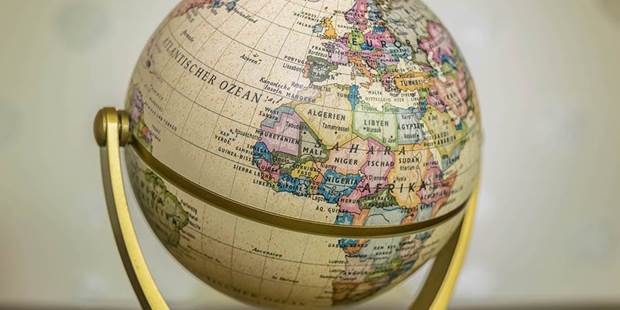
What’s Holding Back the World Economy?
Feb 8, 2016 Joseph E. Stiglitz & Hamid Rashid say that developed countries' policies have created a growth-killing array of perverse incentives.
-
Sub-Saharan Africa’s Subprime Borrowers
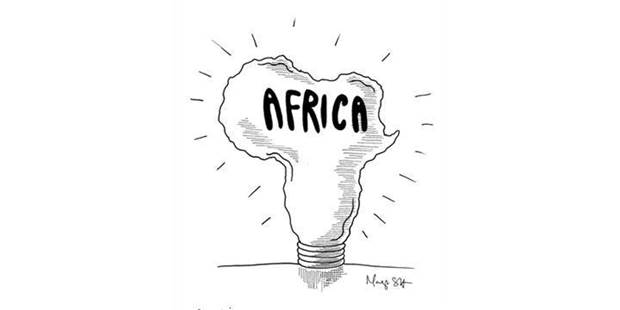
Sub-Saharan Africa’s Subprime Borrowers
Jun 25, 2013 Joseph E. Stiglitz & Hamid Rashid

